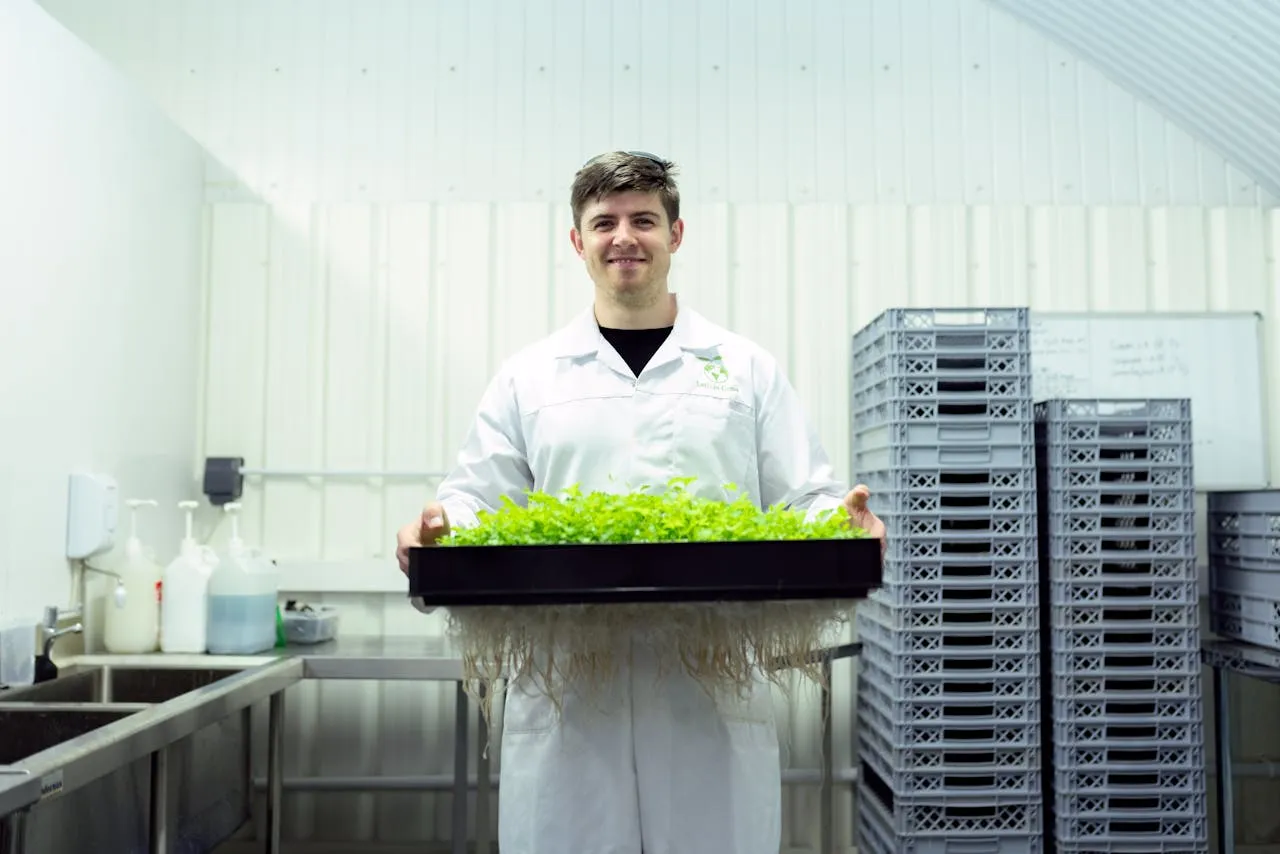
A recent study reveals that 75% of farmers worldwide are either already affected by climate change or are concerned about its potential impact, with 71% identifying reduced crop yields as a major issue. Additionally, 60% of farmers have suffered significant revenue losses due to abnormal weather events. To combat these challenges, 75% of farmers are open to adopting new technologies, driven by a desire for higher yields, resilient farms, and stable livelihoods.
These findings come from the 2024 Farmer Voice survey, which polled 2,000 farmers across Australia, Brazil, China, Germany, India, Kenya, Ukraine, and the United States. Conducted by market research firm Kynetec on behalf of Bayer, the survey sheds light on the obstacles, goals, and needs of farmers in an era of climate change, digitalization, and economic uncertainty.
Rodrigo Santos, a board member at Bayer AG and President of the Crop Science Division, emphasized the increasing economic and environmental pressures facing farmers. He noted, “Farmers want innovation to help them improve their work and adopt regenerative practices, which can strengthen food systems, benefit the planet, and support their livelihoods.”
Top Concerns and Opportunities
Farmers are primarily concerned with uncertainty caused by weather volatility, price fluctuations, and regulatory changes. Over the next three years, 37% of farmers listed extreme weather as a top challenge, while 36% mentioned price instability. A significant rise in political and regulatory concerns was also observed, with 29% of farmers citing this as a major issue, double the amount from last year.
In terms of future benefits, farmers ranked access to crop protection, seeds, and traits as priorities. Regulatory and policy improvements were also highlighted, with 36% viewing them as crucial to farm success.
Digital Tools and Regenerative Practices on the Rise
To address these challenges, many farmers are turning to digital tools. Nearly two-thirds already use digital technologies for applications like forecasting and precision farming, and 25% plan to adopt them in the future. Improved crop yields (88%), cost savings (85%), and enhanced crop quality (84%) are the main drivers of digital adoption.
However, there is a significant digital divide, particularly in countries with a high proportion of smallholder farmers. While 65% of farmers globally are using digital tools, adoption is lower in countries like China (49%), Kenya (42%), and India (8%). Encouragingly, these farmers plan to embrace more digital technologies in the coming years, with India seeing the most significant growth potential.
Farmers are also incorporating regenerative agricultural practices to enhance sustainability, soil health, and productivity. Over 90% of respondents are already using at least one regenerative method, with crop rotation, soil fertility management, and health monitoring being the most common. On average, farmers employ seven out of 17 common regenerative practices.
Smallholder Farmers in India and Indonesia: Challenges and Optimism
In a separate survey of 1,450 smallholder farmers in India and Indonesia, many farmers cited climate change, input costs, and crop damage as their top concerns. Indian farmers, for example, struggle with pest and disease resistance, while Indonesian farmers are most affected by fertilizer costs.
Despite these challenges, 80% of smallholder farmers in both countries use at least one regenerative practice, and there is strong interest in adopting more. Financial and knowledge barriers remain significant obstacles, but farmers are eager to learn and improve their practices. A remarkable 89% of Indian farmers and 91% of Indonesian farmers view farming as a valuable career and take pride in their role in ensuring food security.
Farmers Want Recognition for Their Contributions
Despite facing numerous challenges, farmers worldwide believe in the critical importance of their work. According to the survey, 95% of farmers see themselves as essential to ensuring global food security, and 91% feel they deserve more recognition for their contributions. Additionally, two-thirds would encourage future generations to pursue farming as a career.
“The voice of the farmer is crucial,” Santos said. “With the challenges ahead, we must continue to listen to and learn from them.”
The Farmer Voice survey, commissioned by Bayer and conducted by Kynetec, gathered responses from farmers across eight countries, ensuring a diverse and representative sample. Interviews were conducted between June and July 2024.







